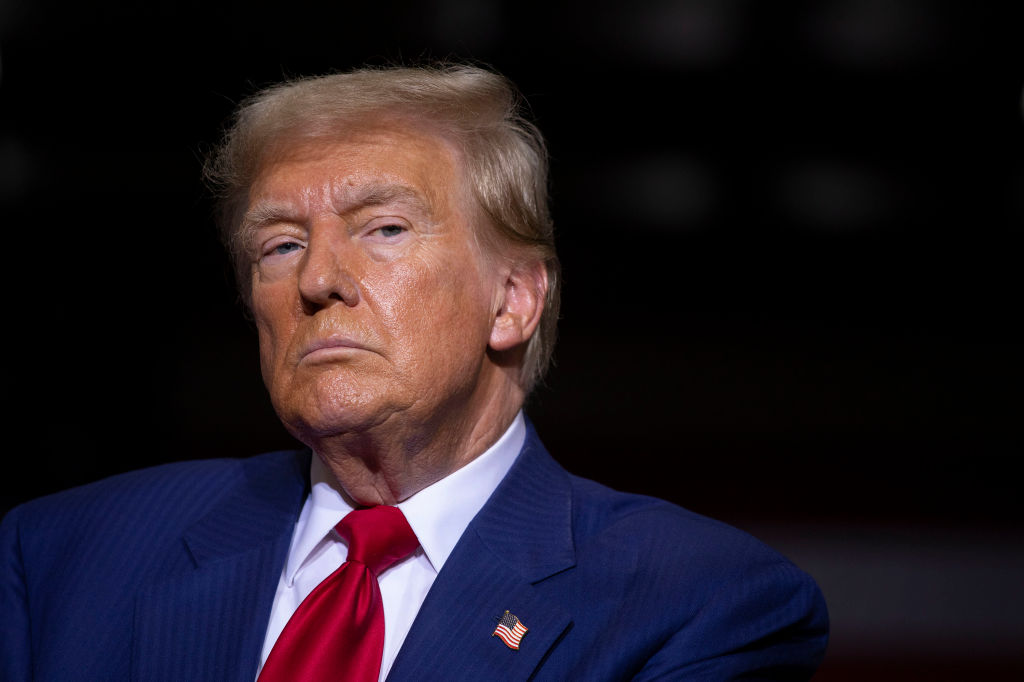The Trump administration has made a startling turn in the past on its foreign policy, particularly on Russia, Ukraine and Europe. American officials met with their Russian counterparts in Riyadh to begin talks toward a settlement of the war in Ukraine while signaling a willingness to repair relations with Moscow in the future. Trump, meanwhile, blamed Ukraine for starting the war and went out of his way to insult President Volodymyr Zelensky as a “dictator” and, perhaps worse, a “moderately successful comedian”.
This is fairly galling given that it was in the United States’ power to avoid the war in the first place by retracting its pledge to bring Ukraine into NATO. Instead, Washington opted to use Kyiv as a cat’s paw to bleed Russia, and refused to push for a settlement earlier, which would have saved hundreds of thousands of Ukrainian and Russian lives. The first Trump administration itself set Russia and the West on a collision course by sending weapons to Ukraine after the Obama administration refused, and by leaving the Intermediate-Range Nuclear Forces Treaty in 2019.
What is frustrating about the recent actions of the Trump administration is that, from a realist perspective, the initial moves it has made have been promising. Unfortunately, all these events have been complicated — or even contradicted — by the President’s crude and incoherent approach, which unnecessarily threatens to sour America’s long-term relations with Europe.
Take, for instance, Secretary of Defense Pete Hegseth’s comments in Brussels last week, in which he said explicitly that neither NATO membership nor US security guarantees for Ukraine would be a part of a settlement of the conflict, and that Europe would have to bear the primary burden for its own conventional defense.
Hegseth’s initial statements were the right mix of firmness and friendship towards Europe, telling the allies that it’s time to move out of their parents’ basement. The next day, however, Hegseth walked back his statement, saying that NATO membership was not off the table. At the Munich Security Conference last Friday, Vice President JD Vance reiterated that Europe would have to become more independent but then, seeming to contradict this sentiment, proceeded to lecture European governments on their own domestic politics. Vance threatened Russia with sanctions and military action if they refused to negotiate while, along with other administration officials, also demanding half of Ukraine’s mineral wealth as compensation for US military aid throughout the war.
European leaders responded to recent events by holding an emergency conference in Paris this week, acknowledging that the United States no longer appears to be a reliable underwriter of European security. The Trump administration had already strained relations with Europe by threatening to annex Greenland from Denmark, prompting European members of NATO to even consider sending troops to the northern territory.
America’s exit from NATO and ending the Ukraine war are both long overdue. Threatening Europeans and trashing transatlantic relations on our way out the door is entirely counterproductive, however. Europe accounts for nearly $1 trillion in annual goods trade with the US, and a friendly and stable Europe allows Washington to focus its attention across the Pacific. Washington’s relatively benign hegemony in Europe previously dissuaded the continent from balancing against Washington. Should Brussels instead regard the United States as hostile, say due to US threats to annex sovereign Danish territory, they will have both economic and political incentives to hedge their bets by seeking closer alignment with China.
This might include, for example, breaking US-imposed restrictions on the export of advanced semiconductor-manufacturing technology to China by the Dutch company ASML, which has a monopoly on cutting-edge “extreme ultraviolet” photolithography machines. It may, in time, even include greater security cooperation, something Washington surely wants to avoid.
Realism is a theory of how states are constrained by the realities of power and the imperative for survival, not a prescription for making exploitation and predation into a virtue. In a complex world, moral imperatives often contradict; one must therefore prioritize some ends at the expense of others. The fact that within a month of taking office, the Trump administration has repeatedly couched its objectives towards Canada, Mexico, Gaza, Greenland, and Ukraine in pecuniary or imperialistic terms is alarming.
The United States can leave Europe the easy way; it doesn’t need to leave the hard — or the stupid — way.











Join the discussion
Join like minded readers that support our journalism by becoming a paid subscriber
To join the discussion in the comments, become a paid subscriber.
Join like minded readers that support our journalism, read unlimited articles and enjoy other subscriber-only benefits.
Subscribe